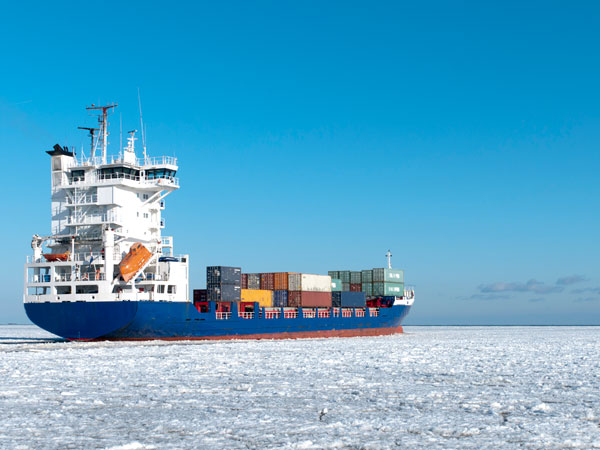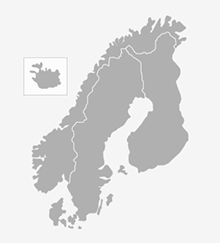VTI’s ambition is to create cohesive maritime research in areas such as transport economics, logistics, environment, behavioural science, and navigation. One current assignment concerns the validation of research in a major international EU-project, Sea Traffic Management.
VTI’s maritime research has up to this point been fairly modest and has lately mainly consisted of individual studies within transport economics and logistics. Now, the maritime research within VTI will increase and will include both VTI’s own projects and collaborations with other actors.
Environment, navigation and on-board health are three prioritised research areas.
“Here, there is a major need for research. It includes everything from anti-fouling paint, fuel, and plastics in seas and materials. But also the adaptation of optimized watch schedules to people’s preconditions, how to prevent ill health or how to plot routes across the seas to save as much fuel as possible,” says Joakim Dahlman, senior researcher at VTI.

Photo: Micke Ovesson/Mostphotos
Research on seasickness
He has extensive experience of maritime research and has now been tasked with developing this field at VTI. Much of his research has concerned how people perform while under stress. On behalf of the US Navy, he has researched how various physiological and psychological states like seasickness and stress affect seamen’s performance. Some of his research has also involved looking at hypnotic- and alertness medications for longer space flights like the Mars missions in a project for NASA.
“Seasickness affects performance long before you become nauseous enough to vomit. It is a problem that the US Navy takes far more seriously than we do in Sweden.”
Collaboration with the Swedish Maritime Administration
Joakim Dahlman wants to continue researching within one of his own fields, navigation in harsh conditions. VTI has plenty of competence that can be utilised in such research. This includes knowledge of simulators which are currently only used for education and training in the maritime sector but also from experience within research including emergency driving for the rescue services.
“One of our goals is to create collaborations with the Swedish Maritime Administration, including simulations and platforms for testing new technology,” he says.
Important assignment
The chances of finding funding for maritime research has increased in later years and VTI has already received numerous assignments. One involves the validation of research within STM, Sea Traffic Management, a large international EU project to digitise shipping and create better conditions for communicating between ships, and between ships and shore. The systems provide better capabilities to, for example, monitor maritime traffic, optimise routes, and facilitate logistics in ports.
“There is no point in piloting a ship full speed across the Atlantic and then spend two days waiting outside Gothenburg for the port to be ready to receive the cargo. The new system allows ships to slow down, conserve fuel, and arrive just in time when the logistics are in place,” says Joakim Dahlman.
In many waterways, ships can share information in order to change course well ahead of time, if necessary.
“We conduct a strict scientific assessment of the research in the STM project. It is an important assignment for VTI where we can make a real difference,” says Joakim Dahlman.
Read more about the Sea Traffic Management project
Text: Johan Sievers/redakta
 Contact:
Contact:
Joakim Dahlman
joakim.dahlman@vti.se
VTI, Swedish National Road and Transport Research Institute, Sweden






Follow us: